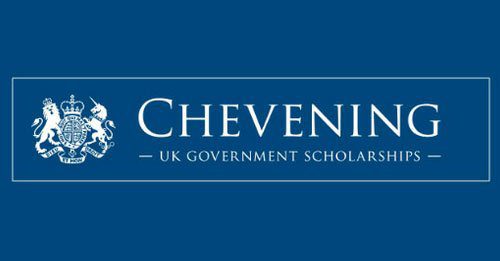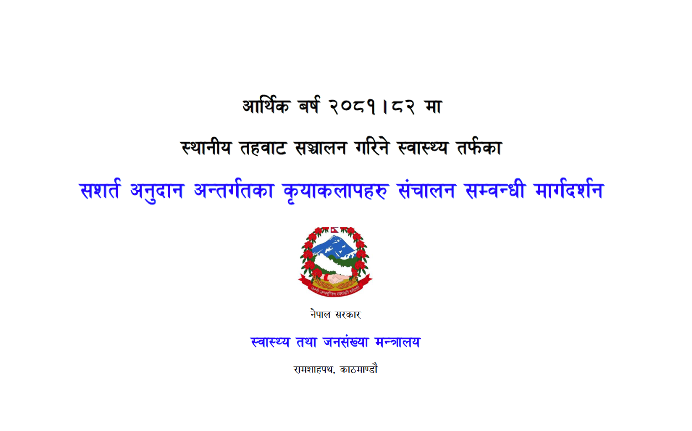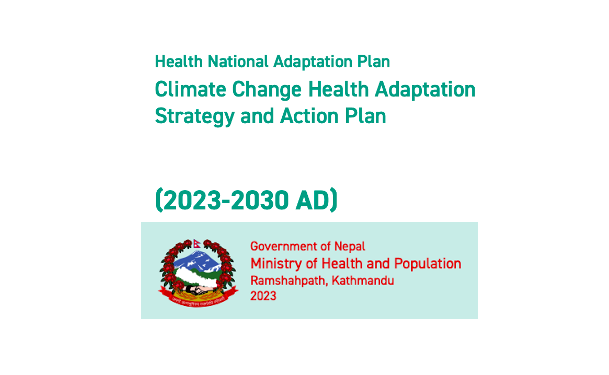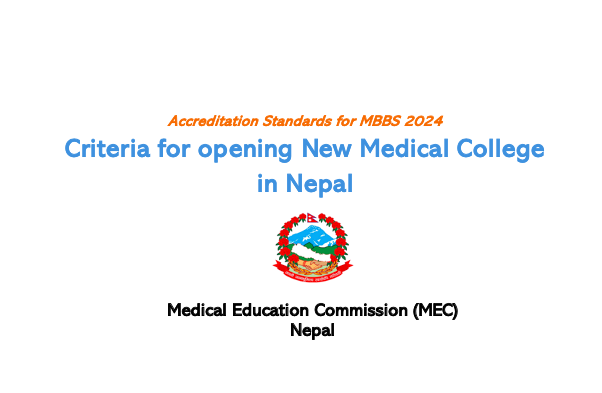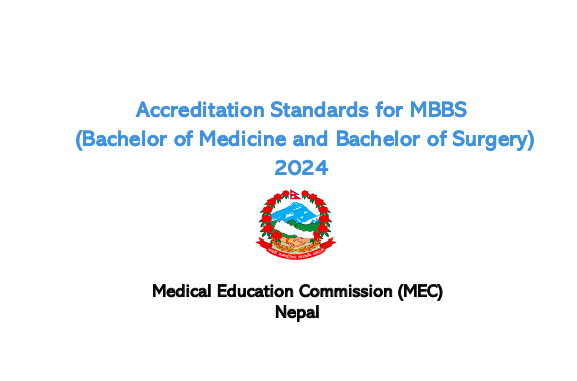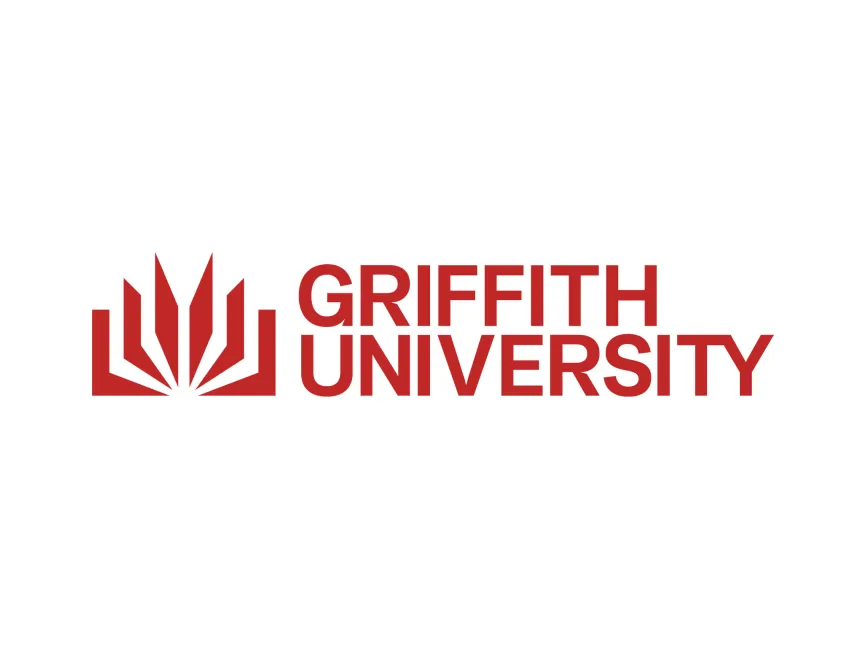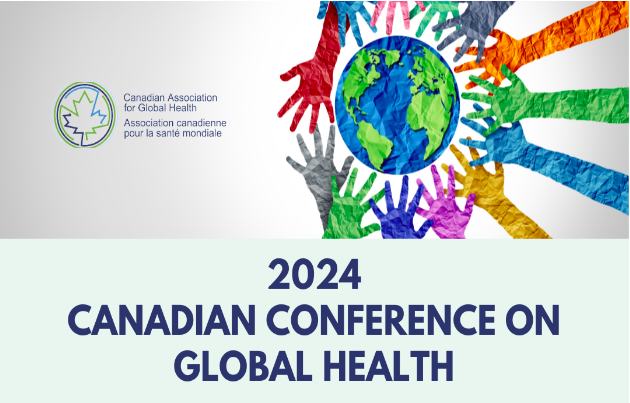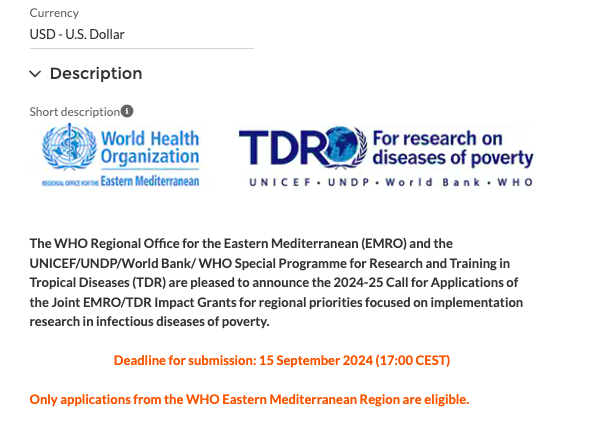Overview
Chevening Scholarships is a Fully-funded scholarships to undertake any master’s course at any UK university and many more. Chevening Scholarships enable outstanding emerging leaders from all over the world to pursue one-year master’s degrees in the UK. Chevening enables outstanding emerging leaders from all over the world to pursue one-year master’s degrees in the UK. Because these scholarships are fully-funded (flights, accommodation, and course fees are all included), you are free to focus on achieving your professional goals and maximising the experience of a lifetime. You will live and study in the UK for a year, during which time you will develop professionally and academically, network extensively, experience UK culture, and build lasting positive relationships with the UK. On completing your studies, you will leave the UK equipped with the knowledge and networks necessary to bring your own ideas to life.
Previous announcements
- Chevening Scholarships Program 2019/2020, UK
- Chevening Fully-funded UK Government Scholarships 2020/2021
- Chevening Scholarships: Fully-funded Scholarships for Master’s Cours2021-22
- Chevening Scholarships: UK Government’s International Scholarships Programme 2023
- Chevening Fully-funded UK Government Scholarships 2024/2025
Eligibility
- Be a citizen of a Chevening-eligible country or territory.
- Commit to returning to your home country for at least two years after your scholarship ends.
- Have at least two years of work experience (2,800 hours).
- Hold an undergraduate degree that qualifies you for a UK master’s program.
- Not have studied in the UK previously with a UK government-funded scholarship.
You are not eligible for a Chevening Scholarship if you:
- Hold British or dual British citizenship (unless you are a citizen of a British Overseas Territory or hold BN(O) and are applying from Hong Kong).
- Hold refugee status in a country not eligible for Chevening. However, if you are a citizen of an eligible country and hold refugee status in another eligible country, you are eligible for a scholarship.
- Are an employee, former employee, or relative of an employee of the UK government, British Embassies/High Commissions, the British Council, the Association of Commonwealth Universities, or sponsoring UK universities. Employees, former employees, or relatives* of an employee of Chevening Partner organisations are eligible to apply, but if the employment took place within the last two years, you cannot receive a Chevening Partner Award from the organisation from which you work, previously worked, or are affiliated with through relatives.
- Have previously studied in the UK on a UK government-funded scholarship.
- *Relatives are defined as parents or step-parents, siblings or step-siblings, children or step-children, spouse, civil partner or unmarried partner (where the couple have been in a relationship akin to marriage or civil partnership for at least two years)
Please note that having a master’s degree does not prevent you from applying for a second master’s degree in the UK, providing you can articulate how it aligns with your career goals and will help you to drive positive change in your home country.
Work experience requirement
Before applying for a Chevening Scholarship, you need at least two years (2,800 hours) of work experience.
This can include:
- Full-time employment
- Part-time employment
- Voluntary work
- Paid or unpaid internships
Experience gained during mandatory employment for your degree does not count. You can combine up to fifteen different work periods to meet the requirement.
There is no such thing as a ‘typical’ Chevening Scholar, but those who are successful tend to have ambition, leadership qualities, and a passion for influencing positive change in their home countries.
Application timeline
The process of selecting Chevening Scholars takes a minimum of eight months from the application deadline to when applicants are conditionally selected for an award. Here is an overview of the application and selection process, so you always know what’s going on.
- 6 August 2024: Applications open at 12:00 BST
- 5 November 2024: Applications close at 11:59 UTC/ GMT
- From 6 November 2024: Applications are sifted against eligibility criteria
- Mid-November 2024 to January 2025: Reading committee assessments
- Mid-February 2025: Applicants shortlisted for interviews: Once the embassy/high commission has reviewed the applications that were passed on to them, they produce a shortlist of those who they will invite to interview. Notifications will then follow.
- 19 February 2025: Shortlisted candidates will be requested to submit two references and their education documents prior to their interview date
- 26 February to 25 April 2025: Interviews take place. Candidates from all over the world are interviewed by panels at British embassies and high commissions.
- From June 2025: Results. After months of preparation and trepidation, successful candidates will experience jubilation when interview results are announced from June onwards.
- 11 July 2025: Offer deadline: The deadline to receive and submit at least one unconditional UK university offer is 17:00 BST (UK time) on 11 July 2025.
- September/October 2025: Studies begin in the UK: 2025/2026 Chevening Scholars commence their studies in the UK, and enter into an international network that they’ll be a part of for the rest of their lives!
Are you ready to apply to Chevening?
Take our eligibility quiz to find out!
Applications for 2025/2026 Chevening Scholarships will open on 6 August at 12:00 BST. For more information visit official website.
Recommended readings
- Public Health Courses in UK (For Chevening Applicants)
- Master of Public Health
- Study in UK
- Postgraduate Public Health courses in UK
- Jobs in UK
- Public Health Courses in UK (For Chevening Applicants)
- Postgraduate Public Health courses in United Kingdom (UK)
- List of Universities for Master of Public Health in Australia
- Discover Top ranked Public Health Schools and Universities
- Grants and Funding Opportunities
- Fellowships & Scholarships
- International Jobs & Opportunities


